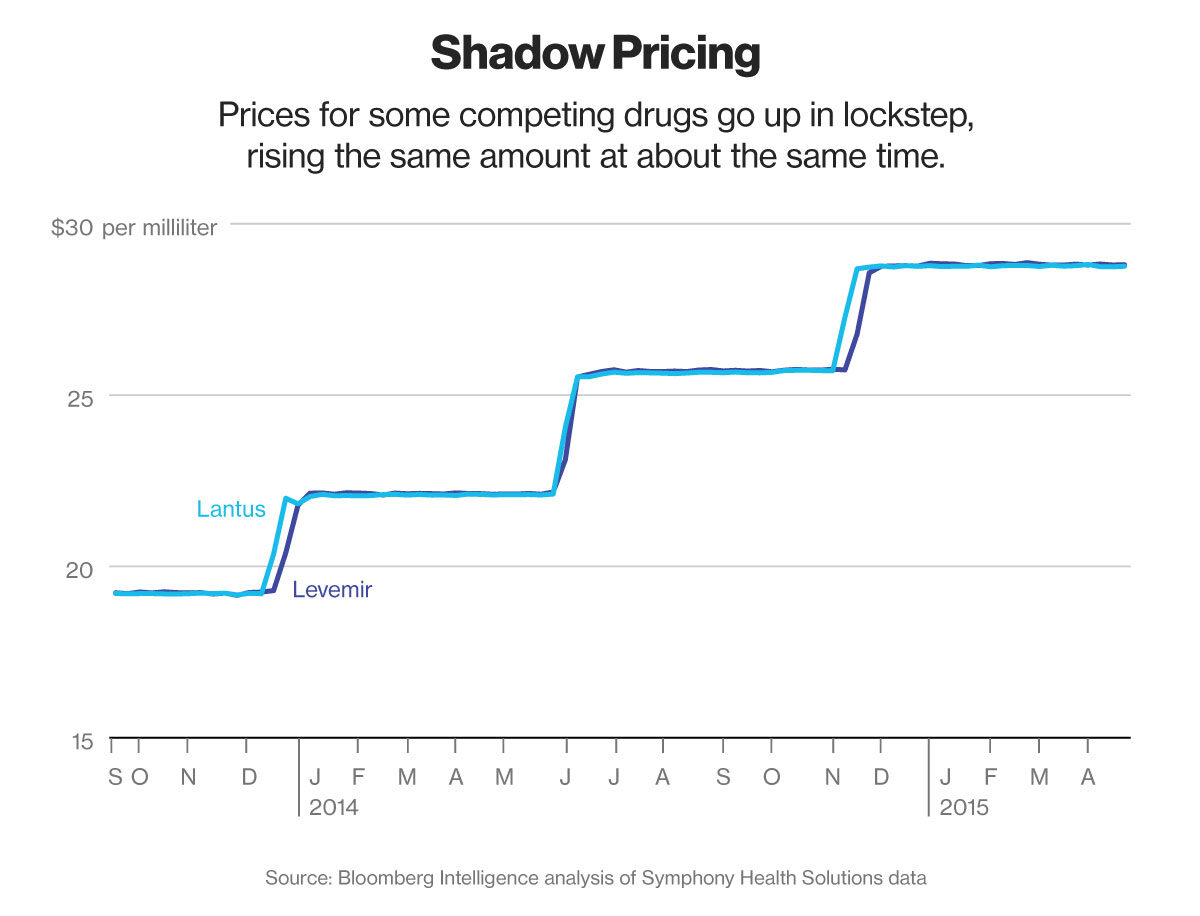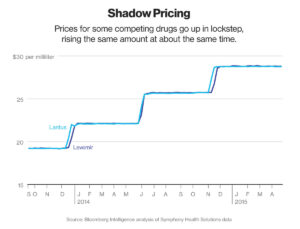© 2024 CSRXP- All Rights Reserved

ICYMI: Washington’s Role in High Drug Costs — Marketing Exclusivity and “Shadow Pricing”
May 6, 2015
ICYMI: May 6, 2015
National Journal: Washington’s Interest in Precision Drugs is Innovation, Not Cost
“There are so many people now concerned about [high drug costs], and the perception is that prices are completely out of control,” said John Rother, president and CEO of the National Coalition on Health Care. “The sheer volume of new drug approvals are going to be heavily rated to specialty drugs, and those are going to be extraordinarily expensive.”
But in terms of legislative action, “I haven’t seen or heard much—I think as a Congress they might be a little cautious about trying to get in the middle of this,” he said.
“There’s going to be a lot of very expensive drugs on the market in the next few years,” Sen. Chris Murphy said in an interview. “There are some fairly easy ways for us to save money on drug costs, and it’s a debate that unfortunately isn’t happening right now in the Congress.”
*****
The Wall Street Journal: How Marketing Exclusivity Led to Higher Drug Costs and Questionable Benefits
Six years ago, the FDA approved a drug called Colcrys to treat acute gout attacks and familial Mediterranean fever, an inherited inflammatory disorder. The move came as part of an agency initiative to regulate dozens of medicines that had never been formally approved, but were on the market when the FDA received authority to oversee the drug approval process…
…“This type of incentive can go wrong,” says Aaron Kesselheim, a study co-author and an associate professor of medicine at Harvard Medical School. “The market exclusivity was granted for behavior that didn’t provide much public health benefit. But it caused the price to go up, increased spending by patients and reduced use of the drug, which has potentially bad public health implications.”
*****
Bloomberg Diabetes Drugs Compete With Prices That Rise in Lockstep
“Contrary to the consumer’s ideal in which bare-knuckled rivals cut prices to grab market share, competitors in branded pharmaceuticals often drive each other’s prices higher. This behavior, known as “shadow pricing,” is one reason U.S. drug costs are surging. Prescription spending rose 13 percent last year to $374 billion, according to IMS Health Holdings Inc.”

